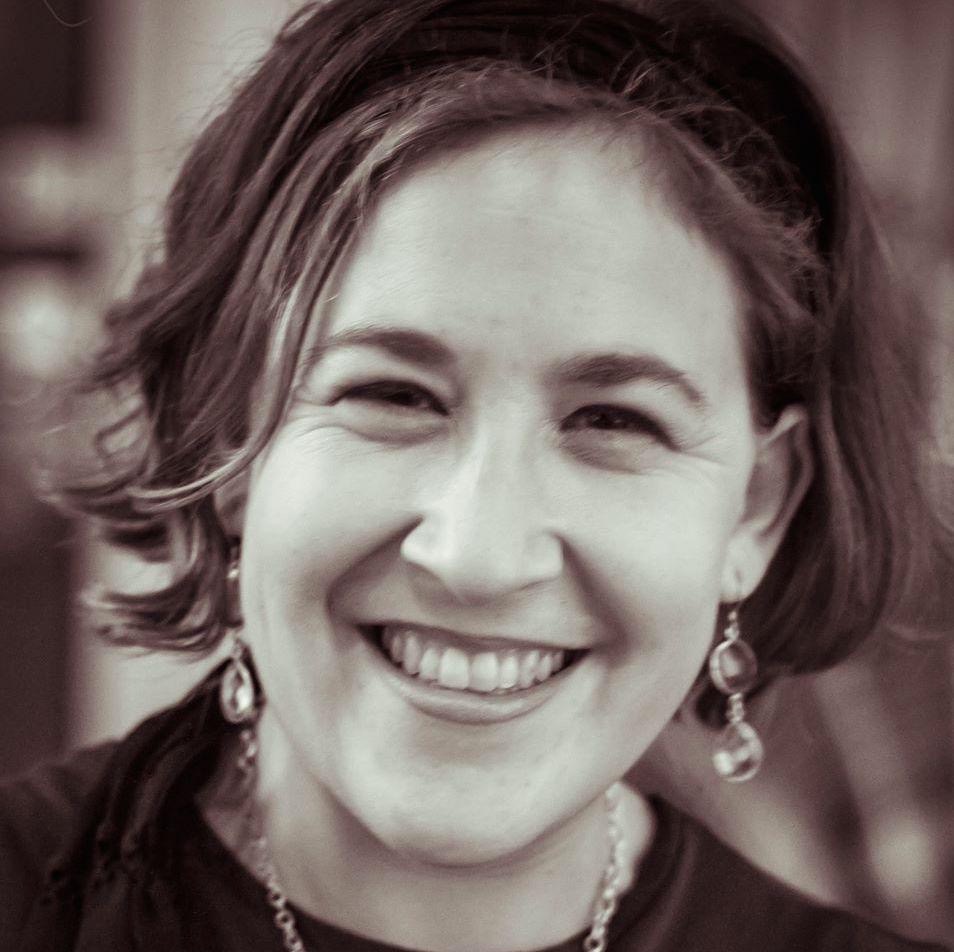 Medical personnel put on protective equipment before taking samples from a person at a drive-thru Coronavirus COVID-19 testing station at a Kaiser Permanente facility on March 12, 2020 in San Francisco, California. Kaiser Permanente has opened a drive-thru Coronavirus test station where patients who are exhibiting signs and symptoms of the Coronavirus can be referred by a physician to be tested. (Photo by Justin Sullivan/Getty Images)
Medical personnel put on protective equipment before taking samples from a person at a drive-thru Coronavirus COVID-19 testing station at a Kaiser Permanente facility on March 12, 2020 in San Francisco, California. Kaiser Permanente has opened a drive-thru Coronavirus test station where patients who are exhibiting signs and symptoms of the Coronavirus can be referred by a physician to be tested. (Photo by Justin Sullivan/Getty Images) Holocaust survivor Viktor Frankl wrote, “Everything can be taken from a man but one thing: the last of the human freedoms — to choose one’s attitude in any given set of circumstances, to choose one’s own way.” As cases of the coronavirus increase in our communities, we must take these words to heart. To maintain our humanity, we must become champions for life — not just our lives or our families’ lives, but for life itself.
Never has there been a time when entitlement and wealth have faced off with death to the degree that likely will unfold in United States urban centers this spring. COVID-19, which metes out its fate with an even hand, will face off with those social injustices we’ve long neglected. As the coronavirus spreads in Los Angeles, the homeless will die first, as will veterans who have long been unable to attain quality health care, and seniors in state-funded assisted living facilities.
Those with means will begin quiet efforts to protect their own. What may begin as the affluent privilege of delivered groceries quickly may become at-home ventilators and private nurses. But to what end? What if, God forbid, two people fall gravely ill in your home? Or three? What if it is your cousin but not your child who has need for your hoarded resources?
The ethos of American individualism will call us toward a mode of selfishness never before seen in the U.S., which rests mostly on the conviction that to be a person of means is to have the ability to protect one’s own. Never has this much comfort and wealth faced off with this much death. But to follow this course of action is to lose our humanity, even if we happen to save our own lives. We must find another way.
Our humanity, our sovereignty, our loving selves rest in the quiet place beyond fear and striving.
My 9-year-old, an American growing up in Israel, is aware of the hostility he’ll be called on to face as a soldier one day. He shared his view that the coronavirus has come to teach us all to work together. I agree. It has stilled the rat race, sent us home to our loved ones and to the clarity that they are what matter most. The best and brightest around the world share knowledge in the fight for a vaccine and a cure. We miss the lesson of the moment if we respond to death’s test by sacrificing our neighbors for ourselves.
The conundrum, the challenge of the moment, reminds me of the parable of the long spoons, attributed to Rabbi Haim of Romshishok, which tells of a person who dies and is greeted at the gates of heaven by an angel. Having been a person slightly more good than evil, she was afforded the opportunity to first glimpse hell before being admitted to heaven. As they descended, she saw a banquet filled with greater decadence than she had known in life, so she wondered to herself, “How can there be so much blessing in hell?” But as she looked closer, she saw the arms of those gathered around were splinted, unable to bend at the elbow. The diners could not reach their mouths to enjoy the bounty. Having understood, the two then ascended to heaven, where she saw the same scene, a banquet hall filled with delicacies. Here, too, were elbowless humans; but here, they fed one another.
Our people have faced death’s horrors before, and as we do so again now, we must take Frankl’s words to heart. Our humanity, our sovereignty, our loving selves rest in the quiet place beyond fear and striving. If we’re panicked, we’re not there. If we’re reptilian, we’re not there. We must take this quiet time at home to internalize the awakening that dawned on Frankl as he endured Auschwitz. In “Man’s Search for Meaning,” Frankl wrote, “A thought transfixed me. For the first time in my life, I saw the truth as it is set into song by so many poets, proclaimed as the final wisdom by so many thinkers. The truth — that love is the ultimate and the highest goal to which a man can aspire.”
Our humanity lies in our power to move from love, to choose life. Let us try to see humanity as this virus might see us — one species, one extended family, linked in love, fighting for life.
Rabbi Sara Brandes is executive director of Or HaLev: Center for Jewish Spirituality and Meditation and rabbi-in-residence at Camp Alonim.























 More news and opinions than at a Shabbat dinner, right in your inbox.
More news and opinions than at a Shabbat dinner, right in your inbox.